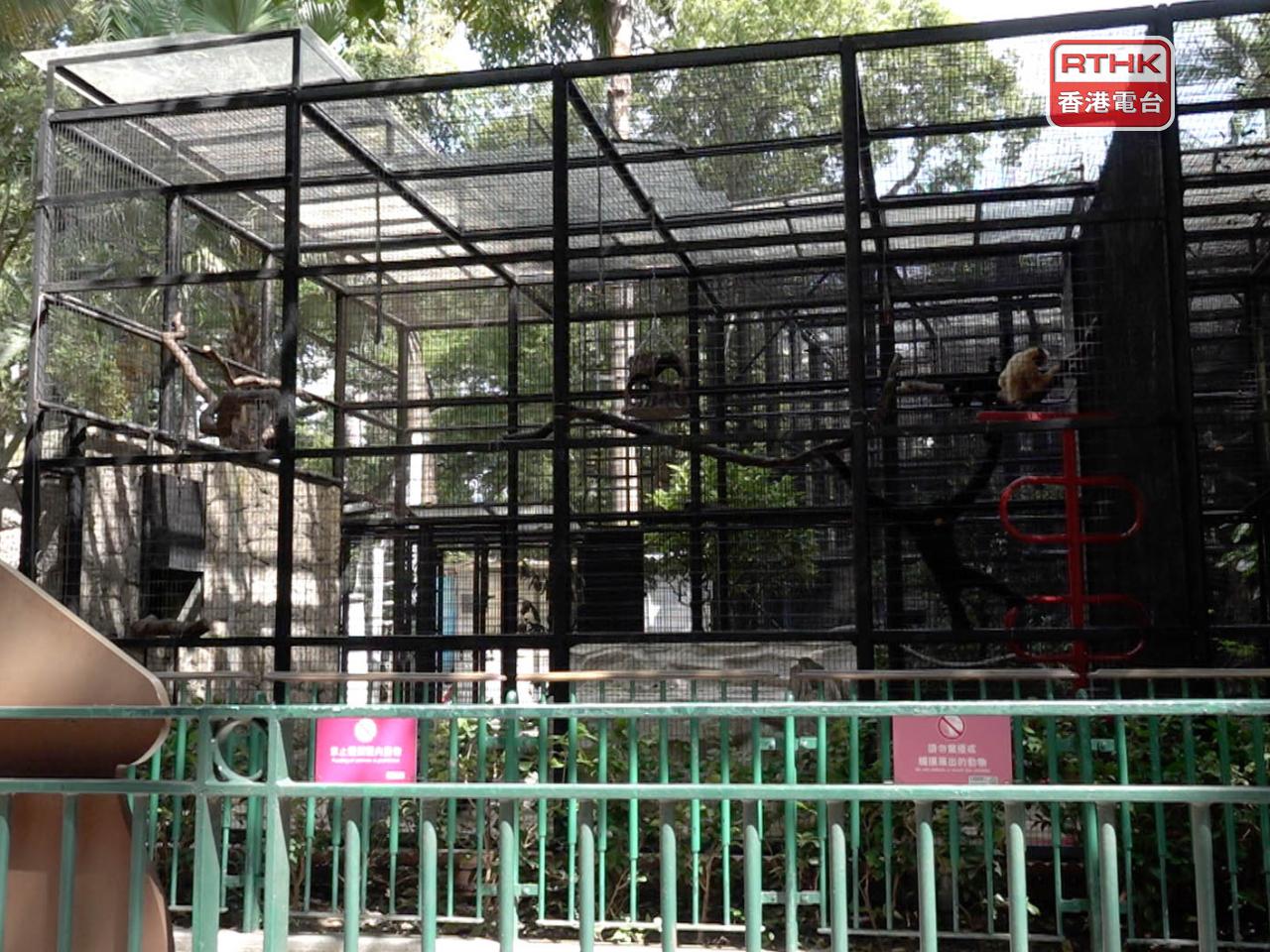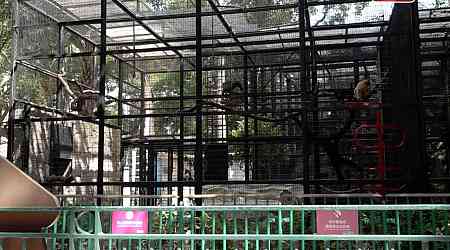Nine monkeys from the Hong Kong Zoological and Botanical Gardens died of sepsis after catching melioidosis, authorities revealed on Friday. Part of the zoo has been shut down since Monday after eight monkeys, including three critically-endangered cotton-top tamarins, were found dead the previous day. One more death was registered later, while another monkey was taken away for observation. Autopsies found a large amount of the melioidosis-inducing bacteria in the monkeys' organs. Culture and tourism minister Kevin Yeung offered a possible explanation of where the bacteria came from. He said works performed at the zoo earlier this month required the digging up of soil near the monkeys' habitat. Workers were then believed to have brought contaminated soil into the cage through their shoes. According to the Centre for Health Protection, the bacterium is particularly common in moist clay soil. It can affect both humans and animals. But Yeung stressed that it is not necessary to seal off the whole facility from the public. "We have taken all the cleansing and disinfection measures on the cages. With all these measures, we believe that it's now clean and free of the bacteria," he said. "We have also cordoned off the whole mammals section for the time being, so there will be no sort of contact between normal citizens with the animals." Protective gear has been provided to staff after the incident, and those who may have had contact with the monkeys tested negative for the bacterium. Thomas Sit, an assistant director of the Agriculture, Fisheries and Conservation Department, said operators had performed check-ups for the animals as soon as possible. "Before the animals lost appetite, they were a bit incompetent, quiet, abnormal, and the time of onset of all the clinical signs only took two days, and then there was a sudden death of the animals," he said. "The vets already took measures to treat the monkeys. However, the affected monkeys could not make it and [we] had to perform post-mortem and isolate [them] to prevent the spread of the disease." Sit added that the facility would have to step up cleansing work, and staff should beware of their hygiene conditions to avoid a repeat of the incident.
































